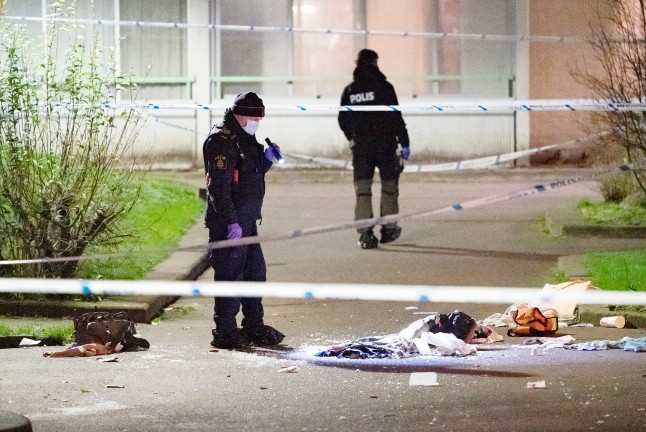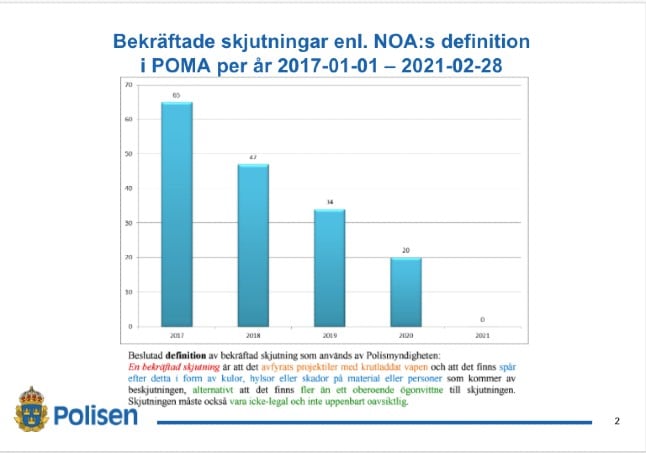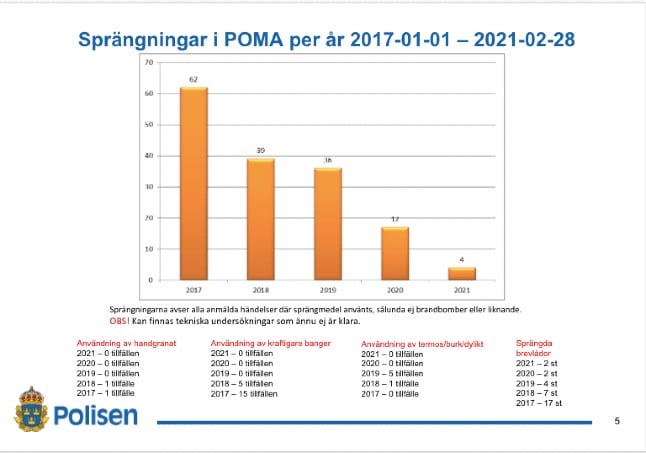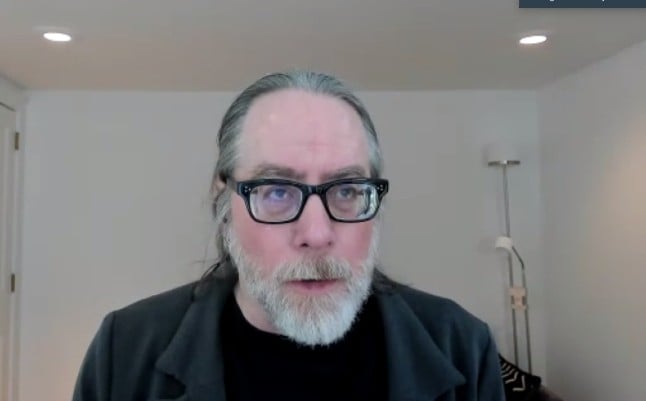The amnesty would permit the surrendering of weapons without penalty, according to the letter from the Malmö police to the ministry of justice asking them to propose the amnesty to the Swedish parliament, the Riksdag.
Malmö police have reported an increase in the number of weapons in circulation in Malmö’s criminal circles. The police have argued that the previous amnesty, called in 2006, had a good effect on cutting the number of weapons in circulation.
According to the letter, the use of illegal firearms in Malmö in a criminal context appeared to have increased.
Several high profile incidents in recent months have brought the problem to a head with a gang-related murder in January in the city centre among them. Police seized a total of 22 firearms between March 1st and March 23rd in connection with criminal investigations.
The last illegal weapons amnesty in Sweden was called in Sweden in 2006 and was in force for six months from March 2007.
“The two weapons amnesties carried out so far in Sweden have resulted in a total of about 31,000 illegal firearms surrendered to the police,” said Skåne Police Authority Malmö district Chairman Björn Lagerbäck and Vice Chairman Björn Gudmundsson in the letter dated March 29th.
“After the last one in 2006, the National Police Board said the weapons amnesty had contributed to a trend of reducing the existence of illegal weapons in circulation in criminal circles.”
Intelligence analysis indicates that within the culture of criminal gangs in Malmö, the possession and use of firearms is becoming an increasingly important factor within serious criminal activity.
Given the relatively large amount of illegal weapons in the municipality, the Police Board in Malmö fears that the previous positive trend may be in reverse.





 Please whitelist us to continue reading.
Please whitelist us to continue reading.
Member comments